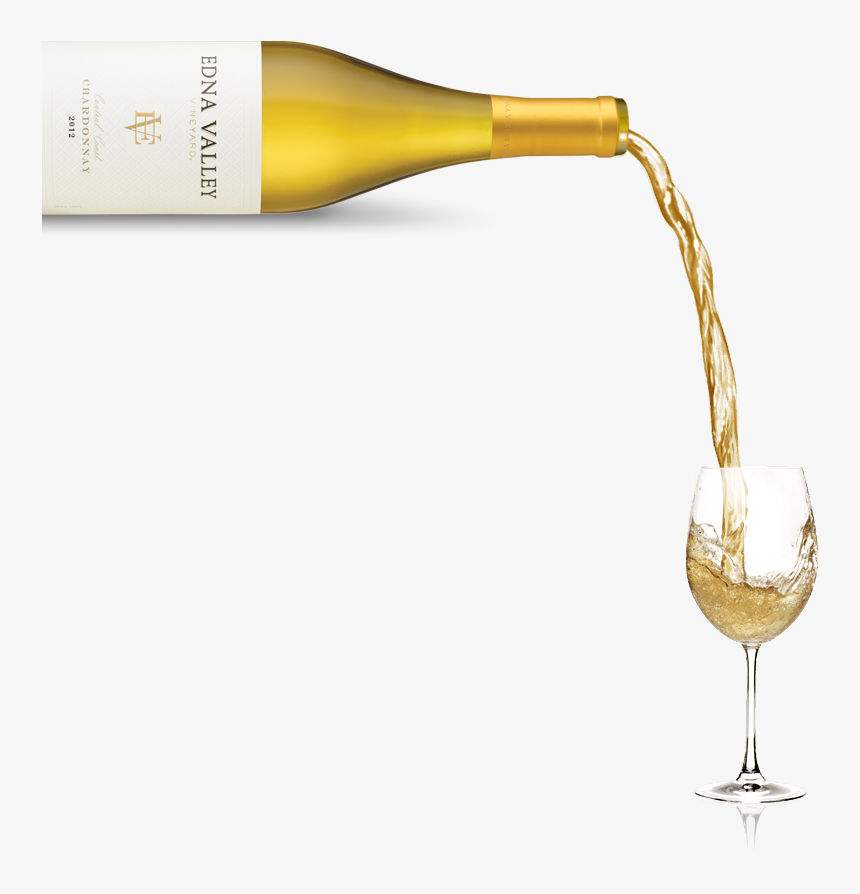I made my annual pilgrimage to the Okanagan Valley of BC a few weeks ago, bringing home a few cases of wine to restock the dwindling reserves in my cellar.
Some of the memories of that wine-soaked weekend are a little fuzzy, after visiting more than a dozen wineries for tastings and tours. Fortunately, any fading memories can quickly be rekindled by uncorking one of the many delicious reminders now patiently ageing in the cellar.
Always on the lookout for new and exciting additions to our fledgling Canadian wine industry, I was pleasantly surprised to see bottlings of Zweigelt at a few different BC wineries. I remembered spotting one in the southern portion of the Okanagan Valley more than a decade ago, but it was produced only in very small quantities, and sold only direct from the winery tasting room. Fortunately, the grape is growing in popularity, with offerings from half a dozen or so Okanagan wineries and counting.
For those not familiar with the varietal, Zweigelt (pronounced ts-VIE-gelt) is the most widely planted red grape in Austria. Interestingly enough, Canada is in 2nd place for worldwide Zweigelt plantings, with the grape making inroads to vineyards in both the Niagara and Okanagan wine regions.
The Zweigelt grape varietal was developed in 1922 by the famous viticulturist Dr. Fritz Zweigelt by crossbreeding the Bläufrankisch and St Laurent grape varietals.
Bläufrankisch has a long history as a popular wine in central Europe, but it was challenging to grow in cooler climates because it ripens so late in the season.
One of the characteristics that Zweigelt was specifically bred for was an earlier ripening, make it easier to grown in a wider variety of vineyards. This hardiness has allowed the grape to flourish here in Canada’s cool wine regions.
The flavour of Zweigelt wines tend to display sour cherry and berry aromas, with exotic spice finishes reminiscent of cinnamon or cloves. The mouthfeel is fresher than a heavy Cab Sauv, making the Zweigelt easy to pair with a wider range of foods.
Unlike many other wines, Zweigelt grapes have very generous yields, making it particularly popular with small vineyards that have limited space.
Although the most vibrant wines are produced when the grower intentionally keeps the yields low by aggressively pruning the vines, Zweigelt consistently produces a solid medium-bodied red wine even when the vines are left to grow unchecked.
On the plus side, this produces a consistently good wine at a low price point, but the downside is the temptation for the vineyard owner to ramp up production to maximize profit at the expense of quality.
Speaking of quality, Zweigelt wines tend to be best consumed while young, as they do not age as well as a Merlot or Cabernet. It is uncommon to see a Zweigelt that is more than a few years old, as they are generally at their best within a year or so of bottling.
Luckily, most wine in Canada is consumed within a week of purchase, so ageing wine is really only a problem for wine snobs who tend to buy two bottles at a time; one to drink now, and one to save for a year or so.
To be on the safe side, I have already cracked open one of the bottles of Zweigelt that I picked up from the Kalala Winery near Kelowna over the recent long weekend. Bursting with notes of cassis and black cherry, I paired it with a smoked brisket, and the mild acidity in the wine cut the fat in the food very well.
If you would like to pick up a bottle of Zweigelt for yourself, my current favourite is from Upper Bench Winery, located in the heart of the Okanagan Valley wine region, and also has an onsite creamery where they produce artisan cheese, which unsurprisingly, pairs delightfully with their wines. I enjoyed the Upper Bench Zweigelt with a creamy soft cheese. Zweigelt wines tend to be fairly light on the tannins, so pairs better with a soft and creamy cheese like a Brie, rather than a sharply flavoured hard cheese.
You can find Zweigelt wines at your local bottle shop, either in the Austrian aisle that the grape calls home, or increasingly in locally produced Canadian plantings. Ask your favourite liquor merchant to find one just for you!






